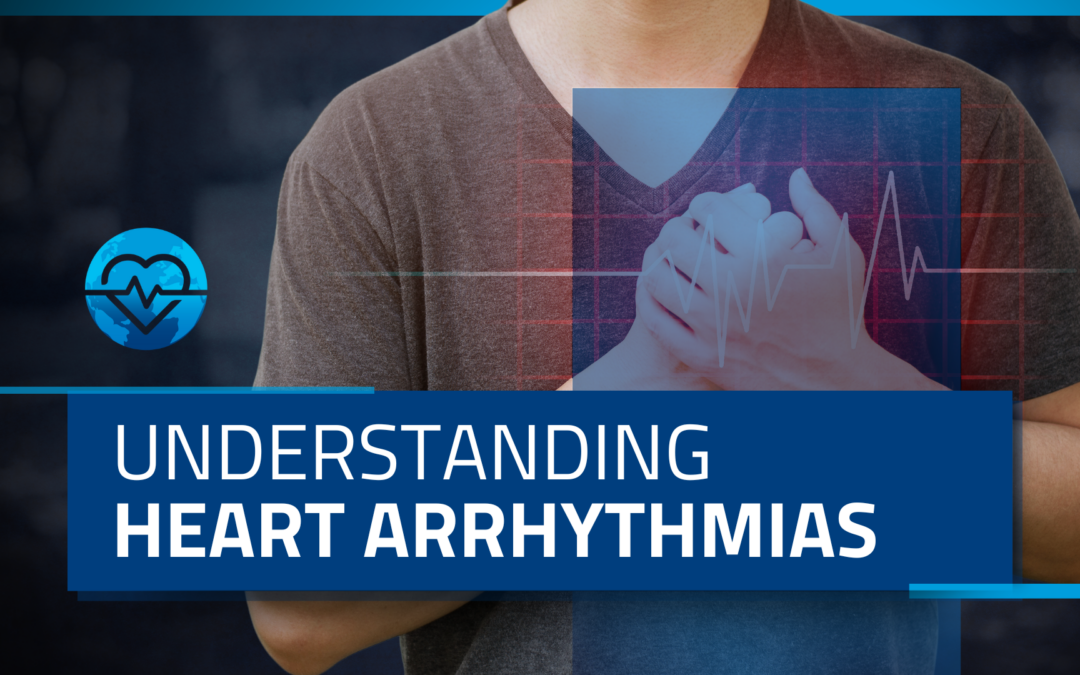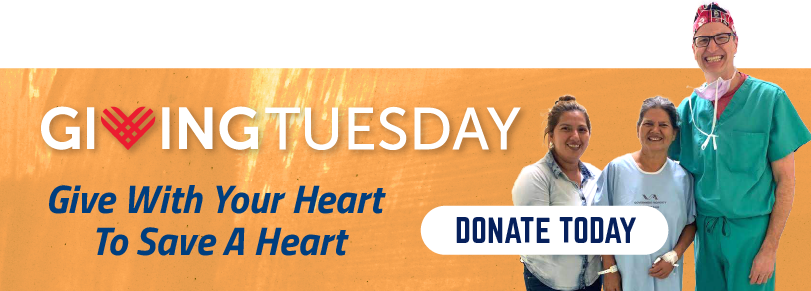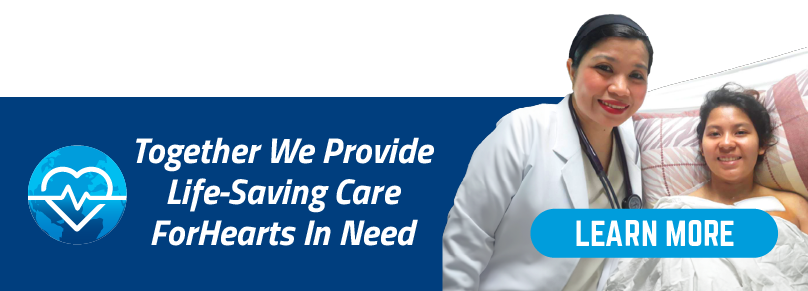People can need a pacemaker for several reasons. The most common reason is because of arrhythmia, meaning the heart has an abnormal rhythm—it can beat too quickly, too slowly, or with an irregular rhythm.
There are different types of heart arrhythmias and being diagnosed with one does not necessarily mean you need a pacemaker. It is important to understand the type of arrhythmia you have and see your doctor regularly to know when (or if) your arrhythmia will necessitate a pacemaker.
Let us look at the most common types of arrhythmias, the symptoms to watch for, and when you should see a heart specialist.
Common Types of Arrhythmias
The heart is essentially an electrical system, with the sinus node, the heart’s natural pacemaker, generating an electrical stimulus. As this electrical impulse moves through the heart, the heart contracts about 60 to 100 times a minute, with each contraction representing one heartbeat. This is considered a normal resting heart rate where the heart beats in a regular rhythm to effectively pump blood through the body. The abnormal heart rhythm of an arrhythmia occurs when the heart’s electrical impulses don’t follow a normal pattern.
The different types of arrhythmias are classified based on the abnormality of the heartbeat: too slow (bradycardia), too fast (tachycardia), or prematurely.
Bradycardia
With bradycardia, the heart beats too slowly and may not pump enough blood to meet the body’s needs, causing symptoms like dizziness, fatigue, and fainting.
The most common form of bradycardia is sinus bradycardia, which occurs when the sinus node generates electrical signals more slowly than usual. This results in a heart rate of fewer than 60 beats per minute.
Heart disease, heart attack, heart blockage, and age-related changes in the heart can all lead to bradycardia.
Tachycardia
In tachycardia, the heart beats faster than normal, typically over 100 beats per minute persistently while at rest. Tachycardia can originate in different parts of the heart, leading to different heart rhythm irregularities and symptoms:
- Atrial Fibrillation (AFib) occurs when the atria, or upper chambers of the heart, beat irregularly and often rapidly out of sync with the heart’s ventricles, or lower chambers. This can lead to blood clots, stroke, and, ultimately, heart failure.
- Atrial Flutter is similar to AFib with the heart’s upper chambers (atria) beating very fast but in a regular rhythm, not unlike the “flutter” of a butterfly’s wings. This rapid rate can cause the heart to work less efficiently and may lead to symptoms like palpitations, dizziness, and fatigue.
- Ventricular Tachycardia (VT) originates in the heart’s lower chambers with abnormal electrical signals that cause rapid heart rhythm. This can affect the heart’s ability to pump blood out to the rest of the body.
- Ventricular Fibrillation (VF): If left untreated, VT may lead to ventricular fibrillation, a chaotic and ineffective rhythm, which can lead to insufficient blood circulation and sudden cardiac arrest.
Premature Heartbeats
A premature heartbeat happens when the heart beats earlier than it should. These extra beats disrupt the heart’s regular rhythm. Many people describe the feeling as a “skipped” heartbeat. These premature heartbeats can occur in the heart’s upper chambers as premature atrial contractions (PACs) or in the lower chambers as premature ventricular contractions (PVCs). They’re often harmless but can lead to more serious arrhythmias if they increase in frequency.
When Do Arrhythmias Require a Pacemaker?
Arrhythmias occur when the heart’s electrical impulses don’t follow a normal pattern. A pacemaker connects to this electrical system, sending electrical pulses via the device’s pulse generator to regulate the rate and rhythm of heartbeat.
Whether a pacemaker is necessary for an arrhythmia depends on the type and severity of the arrhythmia and the specific symptoms you’re experiencing. Here’s some scenarios when a pacemaker may be needed:
- If bradycardia is causing a consistently slow heartbeat and leading to issues like constant fatigue, dizziness, or fainting, a pacemaker can help maintain a normal rhythm.
- If a heart blockage is causing the electrical signals from the upper chambers (atria) to be delayed or blocked from reaching the lower chambers (ventricles), a pacemaker can help regulate the signals and contraction of the heart.
- If atrial fibrillation (AFib) is causing a constantly irregular heartbeat, a pacemaker can help stabilize the fluctuations.
- If your arrhythmia is caused by a weakened or diseased heart muscle (called cardiomyopathy) or a previous heart attack, a pacemaker can prevent dangerous heart pauses and be part of your overall heart treatments.
Consulting a Cardiologist: When to Seek Professional Advice
If you are experiencing symptoms that affect your quality of life or pose a risk to your health, you need to see a heart specialist (cardiologist) right away.
Your cardiologist will order tests, such as an electrocardiogram (EKG), Holter monitor, or electrophysiology study, to get a clearer picture of your heart rhythm and the type of arrhythmia you may be experiencing. The decision on the best treatment for you—whether that be medication, implanting a pacemaker, a combination of both, or alternative treatments—will be based on the test results, your symptoms, and how the arrhythmia is affecting your daily life.
Join The Pacemaker Club: A ForHearts Community for Support
If you are living with an arrhythmia and think you may need a pacemaker or you are already a pacemaker recipient, the Pacemaker Club is here for you! This online community is where people living with cardiovascular devices can connect, share information, and support one another. As part of the ForHearts mission to provide life-saving cardiovascular devices to people in need around the world, we are excited to partner with the Pacemaker Club.
Will you partner with us in our work to provide life-saving pacemakers? Explore our donation opportunities.




[email protected]